
COMING TO KENYA
04-02-2024 by redazione
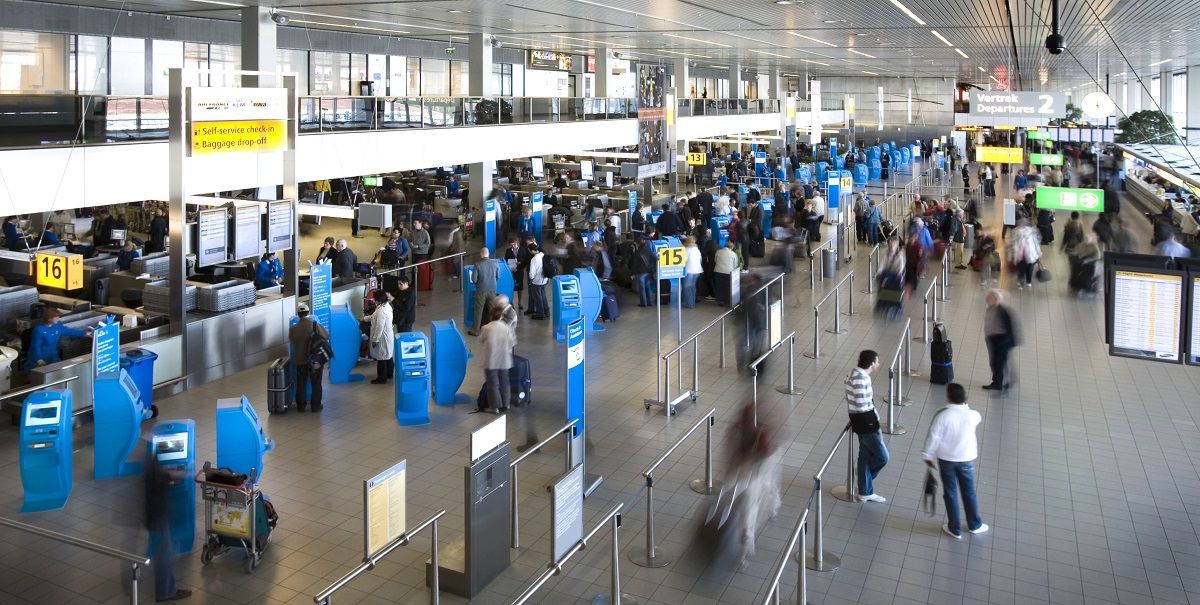
As of 1 January 2024, the system for travelling to Kenya has changed: one no longer has to apply for a visa online, but only for the electronic authorisation (eTA) required to board a plane to the African country.
Once in Nairobi or Mombasa, the rule says that the immigration office will decide whether to accept the traveller on entry, but in fact once the eTA is approved there should be no reason to turn the tourist away.
There are, however, rules to be respected, which mainly concern luggage, personal belongings and in general items and products that are banned or whose importation is regulated. In order to adhere to the stricter and more effective methods of control in airport customs, Kenya has implemented the use of modern scanners that check luggage with the same search definition as those found in western international airports and state-of-the-art destinations.
Let's look in detail at the updated rules, drawn up on the basis of communiqués sent by the Kenyan government to the International Air Transport Association and also our direct sources.
VALUES
Kenya does not allow tourists to carry more than $5,000 (about €4,000 at present) in cash per person or the equivalent in other currency. A customs declaration is required for notes exceeding this amount.
Recently, a rule has also been enforced whereby important undeclared valuables are assessed and taxed if they exceed USD 500. Obviously this does not apply to personal items, but if, for example, a tourist is found in possession of three valuable watches, two will be assessed and the same thing will happen if there are new and/or unwrapped items in the suitcase, without a receipt.
Therefore, if you are bringing new items, if they are for personal use, it is best to unwrap them, if they are for gifts, provide a receipt, to avoid summary valuations. If the value exceeds USD 500, the goods will be taxed according to import laws.
It reads verbatim on the KCAA website:
Household effects conditionally included are exempt from duty. These are items such as carpets, paintings, crockery, linen and similar household furnishings; tools of the trade, professional books, tools and instruments. For customs purposes, clothing, jewellery, photographic equipment and portable radios are considered personal effects, but cannot be brought in duty-free as household effects. However, duty is usually waived for personal effects over one year old.
DRONES
The importation of drones in practice is prohibited. Foreigners, both residents and tourists, may only rent drones from local owners, but not import or use their own, even if only to create video or photographic content and film their holidays.
Anyone found in possession of a drone that is not properly registered risks not only the confiscation of the machine, but also a hefty fine.
Since they are considered unmanned aircraft, the purchase and use of drones are regulated by the government through the Kenya Civil and Aviation Authority (KCAA), but local authorities are also authorised to carry out checks, whether for personal or professional use.
Regarding professional use, one has to register and apply for a flight permit from the KCAA in advance and if one plans to use the drone for commercial purposes, a pilot is required to obtain a Remote Aircraft Operator's Certificate (ROC) from the Authority.
The following documents are required: ID documents, police authorisation certificate, company registration, photo of the drone and wiring diagram, a clear photo of the drone's serial number and safety documentation containing emergency procedures in case of failure.
BACCHUS AND TOBACCO
What used to be possible to stow away and conceal and pass through customs unscathed is now at risk of being checked and confiscated, especially when it comes to alcohol and tobacco.
In fact, remember that the maximum allowed for cigarettes is 200 pieces (10 packets) or 50 cigars. For spirits, on the other hand, you cannot take more than one bottle of spirits over 13 degrees into your suitcase. In the case of wine bottles, although many official sources indicate only one, one per suitcase is usually accepted, as are bottles of perfume. Among the reported bans, curiously enough, apart from fruit and plants (which must obtain special authorisation) there are also meat and poultry sausages. An expedient for those who want to bring more than one alcoholic drink or bottle of wine is to add one purchased at the Duty Free Shop to those in the suitcase and carry it in the special bag, still sealed, as hand luggage.
FOOD AND PURCHASED PRODUCTS
Remember also that any new product with a receipt or packaged by the company selling it may be subject to taxation. This may also apply to vacuum packed jars and other packaging, especially if they are products that can also be found in Kenya.
Even products packaged personally at home could be subjected to the same treatment, as the plastic of the packaging must bear a mark in order not to be considered outlawed, so it is better to use trays or not to wrap them in plastic.
With regard to medicines, if there are several packages, one must carry the medical prescription that authorised the purchase, translated into English. (Example: more than one package of psychopharmaceuticals, or bag of various medicines that you intend to donate to non-profit organisations or directly to health facilities). For every donation, from clothes to useful items, in the case of new material it is always advisable to have receipts with you and possibly a letter from the association that is going to receive them. By law, the authorities do not have to take your word for it if you claim that, for example, a lot of children's clothes are for a school that you personally help. The accusation that can be made against you is that you have brought them to sell them, so in the case of second-hand goods for which you cannot provide provenance and receipts, the risk is that you will pay a surcharge and (as is often the case) be subject to extortion attempts.
Also, remember that plastic bags without brands and labels of the company producing or distributing the products are banned: Kenya has banned their use on national soil since 2019.
DONATIONS
We read verbatim from the warnings at the Nairobi airport (and it obviously also applies to Mombasa): Donations in the country are subject to taxation unless you claim exemptions and can present a letter of exemption or approval (Pro 1B) from the National Treasury. Donations of drugs and medicines must be authorised by the Pharmacy and Poisons Board before entering the country.
OTHER ITEMS
There is a risk of seizure and police arrest for: toy guns and weapons (of the real ones, even if regularly reported in Italy, it is useless to speak), spear guns and spear guns, ivory objects and fetishes or ornaments made from animals that also live in Kenya, sex toys (as well as pornographic magazines or videos).
In any case, more caution is recommended when entering and the knowledge that not all officers who care to enforce rules on you are doing so to try to pocket a bribe from you. Kenya's law, moreover, in cases of monetary demands or attempts to 'fix' you, punishes both the bribe-giver and the bribe-giver. So never be the first to propose such deals (and possibly refuse them when it is immigration officials or airport authorities who propose them to you as the only way out). In international arrivals, if you look carefully, telephone numbers of the anti-corruption office or enforcement personnel are posted somewhere.
Remember, however, that with a humble and respectful attitude, unhoped-for results are often achieved...
NEWS
by redazione
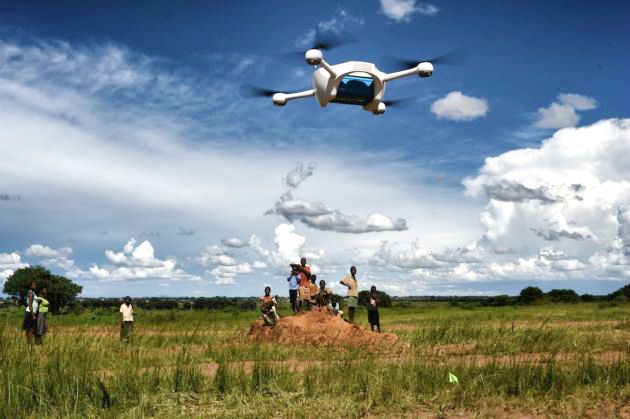
The Kenian Civil Aviation is about to open to the use of drones for non-military reasons.
Soon in the...
NEWS
by Adriano Ghirardello, Honorary Warden KWS
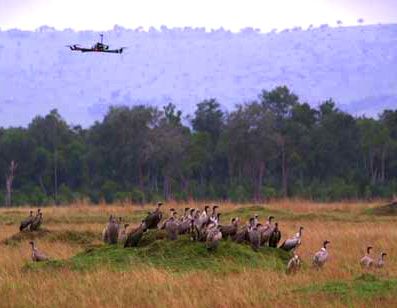
The "boom" of unmanned drones with which to film scenes from the top and up close, is likely to create problems to the animals in the savanna and to those who use them, given that Kenya is illegal. To use...

What needs to be done to be sure to enter Kenya as a...
NEWS
by redazione

In an official statement reported in Kenyan media, the Kenyan Civil Aviation Authority (KCAA) confirmed...
HEALTH
by redazione

The two Chinese citizens who had been placed in isolation for a few days because they were considered...
INFO
by Freddie del Curatolo

For those preparing to travel to Kenya, a review of the international rules for importing items, objects, products...
REGULATIONS
by redazione
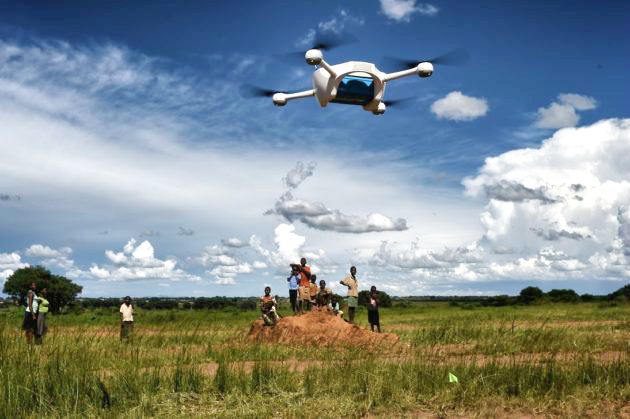
Nothing to do for lovers of aerial shooting in Kenya: the drones remain outlawed and from today anyone .
This...
RULES
by redazione

Among the many precautions and things to know before facing a vacation or a period of stay in Kenya, there...

INFO
by Freddie del Curatolo
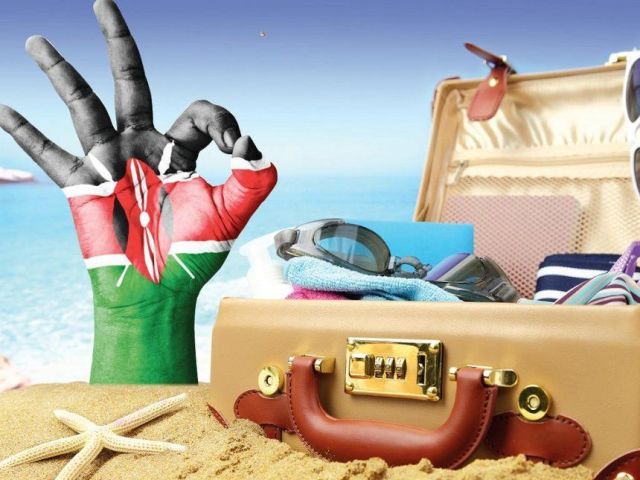
For those preparing to travel to Kenya, a review of the international rules for importing items, objects...
COMING TO KENYA
by redazione

The very high season and the festive season this 2023 will convoy thousands of...
by Freddie del Curatolo
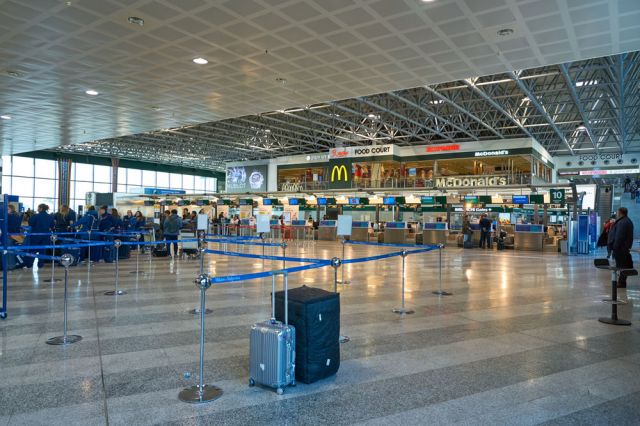
One more week of passion for hundreds of Italian tourists who can't wait to go (and for many it...
ENVIRONMENT
by redazione

Two weeks after the entry into force in Kenya of the ban on plastic bags and polyethylene, as already announced by NEMA, controls began in private homes. In Malindi, too, since yesterday,"visits" have been reported by agents of the environmental...